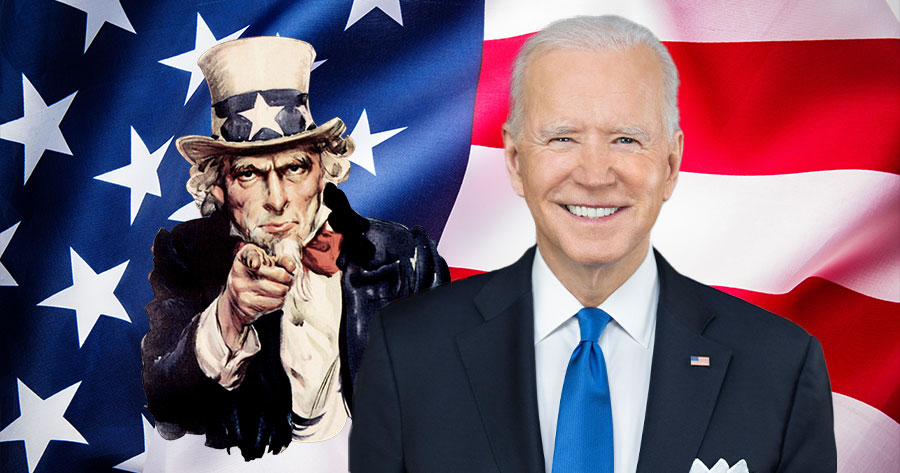In the latest display of U.S. hypocrisy on the global stage, Washington’s double standards have been glaringly evident in its contradictory reactions to international judicial actions.
While the Biden Administration vehemently rejected the International Criminal Court’s (ICC) decision to issue arrest warrants for Israeli officials accused of crimes against humanity in Gaza, it has been quick to condemn China for prosecuting Hong Kong activists for their involvement in pro-democracy movements that incited an unrest in Hong Kong.
On one hand, the U.S. has been a staunch supporter of Israel, providing significant military aid and backing while turning a blind eye to the ongoing humanitarian crisis in Gaza. Despite mounting death tolls and calls for accountability, Washington has failed to take substantive actions against Israel or pressure for a resolution to the conflict. The Senate’s rejection of efforts to block weapons sales to Israel further underscores the U.S.’s complicity in the violence.
Conversely, the U.S. has been vocal in criticizing China’s crackdown on pro-democracy voices in Hong Kong, with the recent sentencing of 45 activists eliciting strong condemnation from Washington. The State Department’s calls for the immediate release of these individuals and imposition of visa restrictions on Hong Kong officials implementing security laws highlight America’s selective outrage when it comes to human rights violations.
While the U.S. champions democracy and justice on the international stage, its actions speak louder than words. The glaring contrast in its responses to Israel and China underscores the deep-seated hypocrisy that undermines its credibility in advocating for human rights and the rule of law.
As the U.S. continues to navigate its foreign policy agenda, it must confront its own inconsistencies and strive for a more principled approach that upholds moral integrity and consistency in its global engagements.
Just earlier this week, Biden’s administration has authorized Ukraine to use U.S.-made long-range weapons to strike deeper targets within Russian territory—a significant shift in Washington’s approach to the ongoing conflict.





